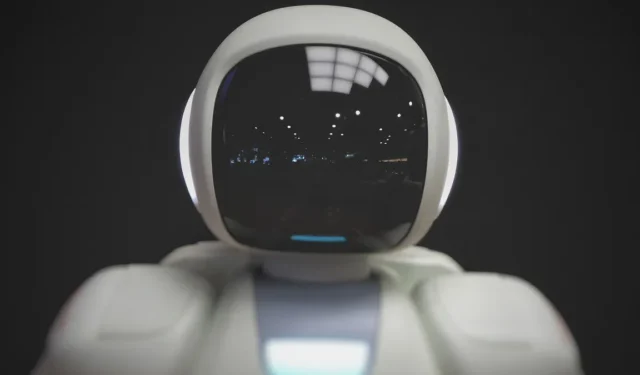Google’s “Godfather of AI” Warns It Can Cause Serious Harm

For anybody who has worked with artificial intelligence, the name Geoffrey Hinton is synonymous with the technology. He is considered by many to be the “Godfather of AI” and, until recently, designed machine-learning algorithms for Google. However, he resigned from the position, as he warned that AI is “racing towards danger.”
FYI: AI is good for more than just creating text. Read on to learn how to create AI-generated images with Stable Diffusion.
Accelerating the Pace
Artificial intelligence platforms, such as ChatGPT, have made headlines over the last six months for their ability to mimic human knowledge and responses. Generative AI platforms, such as Midjourney and Stable Diffusion, have been praised for creating stunning (and often mind-bending) digital art. But the technology has a dark side, which Hinton is all too aware of.

In an interview with the New York Times, the former Google chatbot engineer is in agreement with other critics that AI is “racing toward danger” – and there is very little that can be done.
“It is hard to see how you can prevent the bad actors from using it for bad things,” said the engineer. Just how bad can it get? Hinton points toward the exponential growth of any technology for an answer. “Look at how it was five years ago and how it is now. Take the difference and propagate it forward. That’s scary.”
Just as inventor Alfred Nobel famously regretted inventing dynamite when he saw the human destruction it caused, Hinton somewhat feels the same.
“The idea that this stuff could actually get smarter than people – a few people believed that. But most people thought it was way off. And I thought it was way off. I thought it was 30 to 50 years or even longer away. Obviously, I no longer think that. I console myself with the normal excuse: if I hadn’t done it, somebody else would have,” he concludes.
Image credit: Unsplash
Leave a Reply